Security Notice: SonicWall Email Security Zero-Day Vulnerabilities
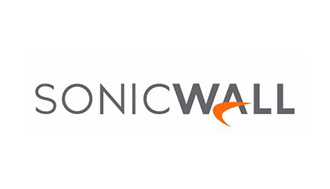
DESCRIPTION:
Through the course of standard collaboration and testing, SonicWall has verified, tested and published patches to mitigate three zero-day vulnerabilities to its hosted and on-premises email security products.
In at least one known case, these vulnerabilities have been observed to be exploited ‘in the wild.’ It is imperative that organizations using SonicWall Email Security hardware appliances, virtual appliances or software installation on Microsoft Windows Server immediately upgrade to the respective SonicWall Email Security version listed below.
SonicWall Hosted Email Security (HES) was patched on April 19, 2021, and no action is required from organizations that are only using the hosted email security product.
Step-by-step guidance on how to apply the updates is available on an in-depth knowledgebase (KB) article.
| AFFECTED VERSION | PATCHED VERSION | PSIRT ADVISORY ID | APPLICABLE CVEs |
| Email Security (ES) 10.0.4-PresentEmail Security 10.0.3Email Security 10.0.2Email Security 10.0.1 | Email Security 10.0.9.6173 (Windows) | SNWLID-2021-0007SNWLID-2021-0008 SNWLID-2021-0010 | CVE-2021-20021 CVE-2021-20022 CVE-2021-20023 |
| Email Security (ES) 10.0.4-PresentEmail Security 10.0.3Email Security 10.0.2Email Security 10.0.1 | Email Security 10.0.9.6177 (Hardware & ESXi Virtual Appliance) | SNWLID-2021-0007 SNWLID-2021-0008 SNWLID-2021-0010 | CVE-2021-20021 CVE-2021-20022 CVE-2021-20023 |
| Hosted Email Security (HES) 10.0.4-PresentHosted Email Security 10.0.3Hosted Email Security 10.0.2Hosted Email Security 10.0.1 | Hosted Email Security 10.0.9.6173 (Patched Automatically) | SNWLID-2021-0007 SNWLID-2021-0008 SNWLID-2021-0010 | CVE-2021-20021 CVE-2021-20022 CVE-2021-20023 |
Support for End-of-Life Email Security Products
SonicWall Email Security versions 7.0.0-9.2.2 are also impacted by the above vulnerabilities. However, these legacy versions have reached end of life (EOL) and are no longer supported. Organizations using these legacy product versions and have an active support license can download the latest Email Security versions from their MySonicWall account.
Customers without an active support license should contact their SonicWall SecureFirst partner to renew the license and upgrade to the latest SonicWall Email Security version. To find your local partner, please visit the SonicWall Partner Locator.
IPS Signatures Detect Exploitation
SonicWall has automatically deployed Intrusion Prevention System (IPS) signatures to help detect and block attacks that attempt to leverage the above vulnerabilities. The below signatures have already been applied to SonicWall firewalls with active security subscriptions.
- IPS Signature: 15520 WEB-ATTACKS SonicWall Email Security (CVE-2021-20022 Vulnerability)
- IPS Signature: 1067 WEB-ATTACKS Web Application Directory Traversal Attack 7
- IPS Signature: 15509 WEB-ATTACKS Web Application Directory Traversal Attack 7 -c2
About the CVEs
- CVE-2021-20021: Email Security Pre-Authentication Administrative Account Creation: A vulnerability in the SonicWall Email Security versions listed above could allow an attacker to potentially create an administrative account by sending a crafted HTTP request to the remote host.
- CVE-2021-20022: Email Security Post-Authentication Arbitrary File Creation: A vulnerability in the SonicWall Email Security versions listed above could allow a post-authenticated attacker to potentially upload an arbitrary file to the remote host.
- CVE-2021-20023: Email Security Post-Authentication Arbitrary File Read: A vulnerability in the SonicWall Email Security versions listed above could allow a post-authenticated attacker to potentially read an arbitrary file from the remote host.
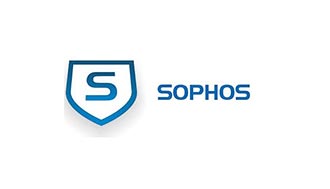


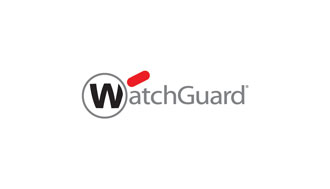
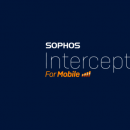

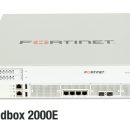



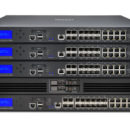
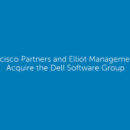
Dell Software Group sold to help fund looming EMC deal
Ingram Micro gets distribution access to Dell’s security range in Australia